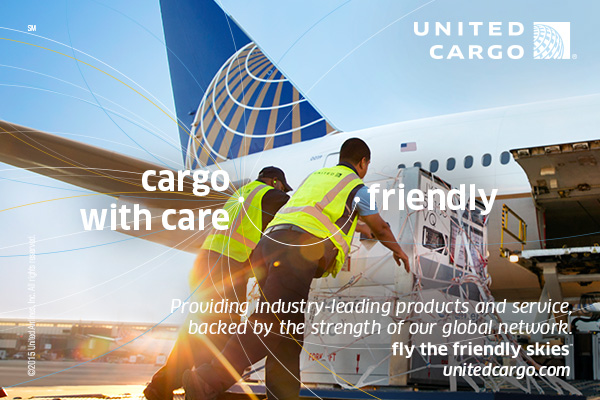 |
 |
 #INTHEAIREVERYWHERE |
| Vol. 15 No. 88 | Monday
November 14, 2016 |
 |
|
|
|
Soft-spoken Jean-Claude (JC) Delen is one of the
most gracious gentlemen working in transportation
today.
About
Jean-Claude
|
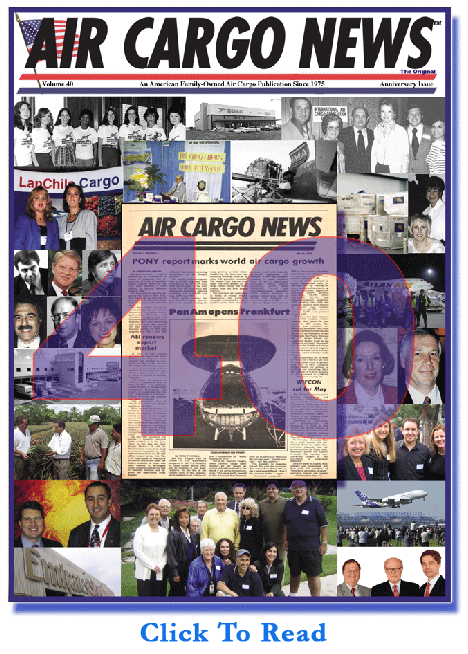 |
Etihad
Airways Chief Executive James Hogan, right, speaks
as Naresh Goyal, Chairman of India's leading private
sector airline, Jet Airways, looks on at a press conference
in Mumbai on June 10, 2008. Etihad had just announced
a $379 million deal to buy a 24 percent stake in Jet
Airways. Code Share Reported Strong Goyal
emphasized that the strategic partnership with Etihad
continued to be strong. Executive Shuffle However,
elsewhere India aviation industry watchers point out
that notwithstanding the profits and Naresh Goyal’s
emphasis on the strategic partnership, a number of
top executives placed by Etihad in Jet have moved
out en-masse during 2016. What Problems? For
their part, Etihad has denied any rift with Jet. Looking Ahead Analysts
and industry watchers apparently see something else.
Timing Was Right The
Jet-Etihad partnership took place at the right time.
|
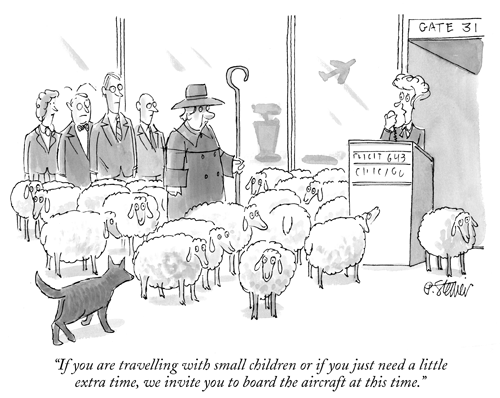 |
The increased use of robotics and automation in the
manufacturing and logistics sectors will, over the
next decade, limit East-West trade growth and lead
to a reduction of supply chain and air freight personnel
involved in handling and distribution, according to
Wolfgang Lehmacher, Head of Supply Chain and Transport
Industries at the World Economic Forum.
|
 |
If
You Missed Any Of The Previous 3 Issues Of FlyingTypers
Access complete issue by clicking on issue icon or Access specific articles by clicking on article title |
||
 Vol. 15 No. 85 A Death Report Greatly Exaggerated Did USACIA Work? Chuckles for November 2, 2016The Beauty Of Jenni |
 Vol. 15 No. 86 Oh! Atlanta American: Power Of Positive Change Chuckles For November 7, 2016 Turns ACF Beat Around Atlanta Customs Brokers Host Turkey Feast |
|
Publisher-Geoffrey
Arend • Managing Editor-Flossie Arend • Film Editor-Ralph Arend • Special Assignments-Sabiha Arend, Emily Arend • Advertising Sales-Judy Miller |
|
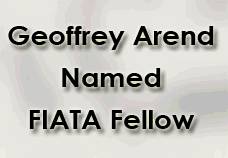
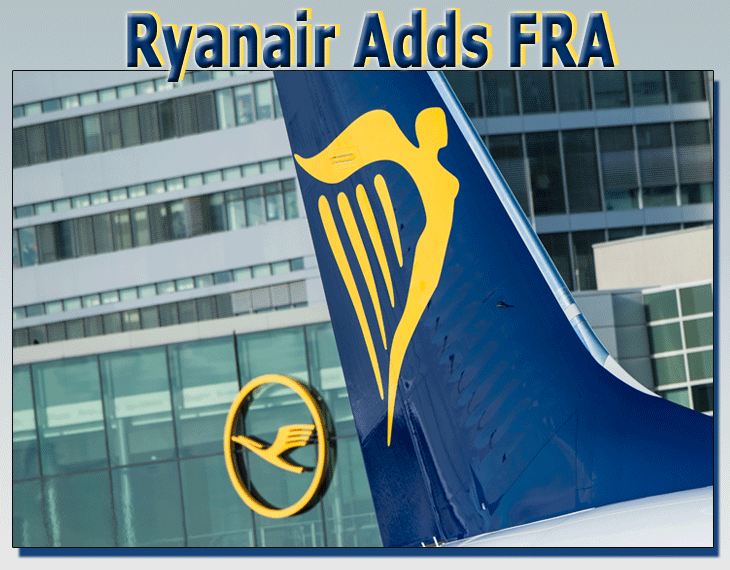
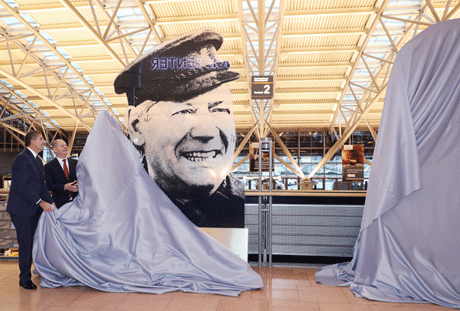 An
airplane from the Irish discount airline Ryanair is
pictured at FRA earlier this month.
An
airplane from the Irish discount airline Ryanair is
pictured at FRA earlier this month.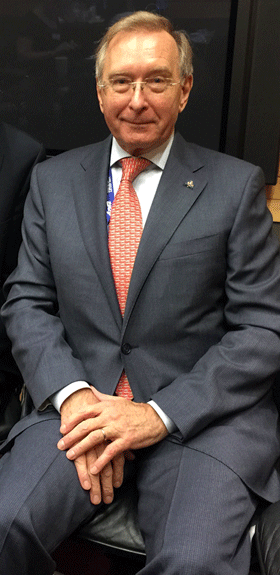

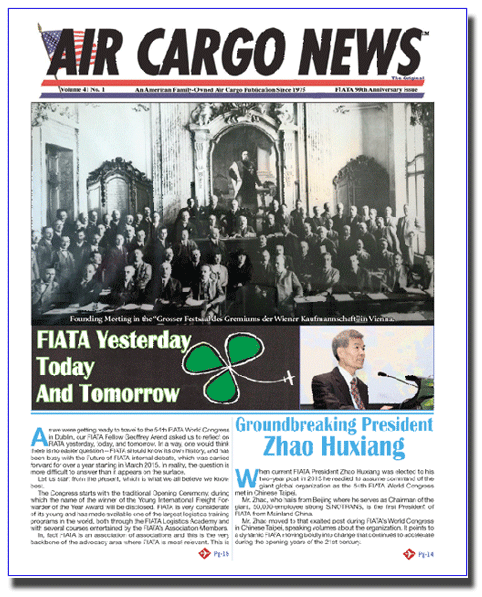

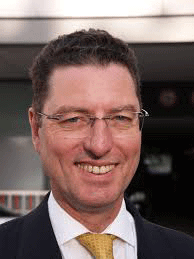 Lehmacher told FlyingTypers that the technological
means and maturity to create autonomous supply and
value chains was now almost here, and the adoption
of new technologies could be seen in everything from
flying shuttles to driverless cars and rolling robots.
Citing Foxconn’s efforts to automate some of
its electronics factories in Asia, which have led
to personnel lay-offs, he said automation would equally
affect manufacturing and distribution in the West
and would encourage producers to locate closer to
key markets to reduce transport costs, a move that
could diminish air and ocean freight demand.
Lehmacher told FlyingTypers that the technological
means and maturity to create autonomous supply and
value chains was now almost here, and the adoption
of new technologies could be seen in everything from
flying shuttles to driverless cars and rolling robots.
Citing Foxconn’s efforts to automate some of
its electronics factories in Asia, which have led
to personnel lay-offs, he said automation would equally
affect manufacturing and distribution in the West
and would encourage producers to locate closer to
key markets to reduce transport costs, a move that
could diminish air and ocean freight demand.